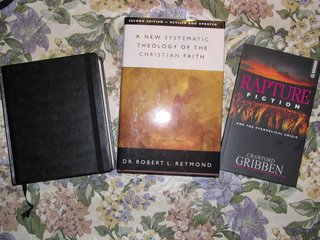 Falling Leaves, Fingernails and Frailty
Falling Leaves, Fingernails and FrailtyThe mornings are getting cooler, there’s not as much light during the day and the leaves on the birch tree in front of our house are changing colour. Summer can’t be ending already, can it? Tomorrow is September 1st. I’d better get used to the idea of Autumn.
When I graduated from high school 23 years ago, a wise man told me that I could expect time to go faster each year from that time on. Time sure does fly, and it does seem to go faster each year.
This morning I remarked to my wife that I need to clip my fingernails again. Didn’t I just cut them a couple of days ago? It may seem like a silly illustration, but it is one of those reminders that time flies.
I’m tempted to complain about my busy schedule (even though it’s not that bad in the summer time) and the fast pace of life, but thinking about some older folks I know gives me cause for pause. I know seniors with ill health and failing eyesight who find that time moves very slowly. They remember the busy days of work and family, but those days are long gone. For some of them, the days are particularly long because they are lonely. A friend mentioned to me that Jonathan Edwards once remarked that it is a grace of God that our lives were shortened after the flood.
As the days rush by I need to pause and be thankful for health, strength, my family and my church. When I am busy, I need to remember that busyness is a reminder that I still have strength and something to be busy about. I ought to take more time to thank God for the opportunity to serve him and resolve to work wisely and diligently. At the same time, I need to hold my little world with an open hand, humbly confessing that it is not mine at all, but God’s. I am thankful for His love and grace, and pray for the wisdom to redeem the time. If I am satisfied in Christ, He will be the source of my strength during the years that time flies by and my comfort in those senior years – if the Lord wills – when all other comforts flee.





